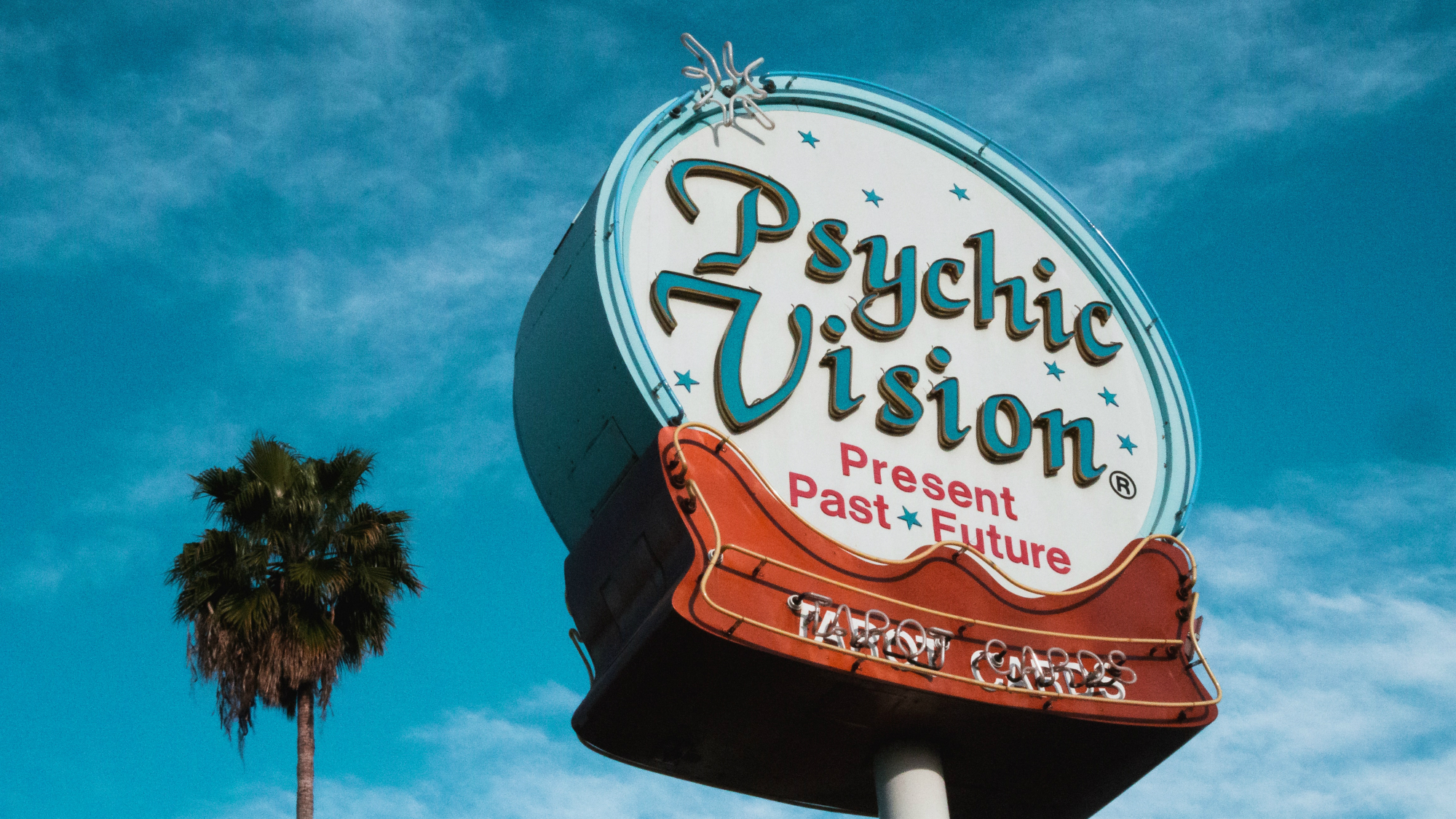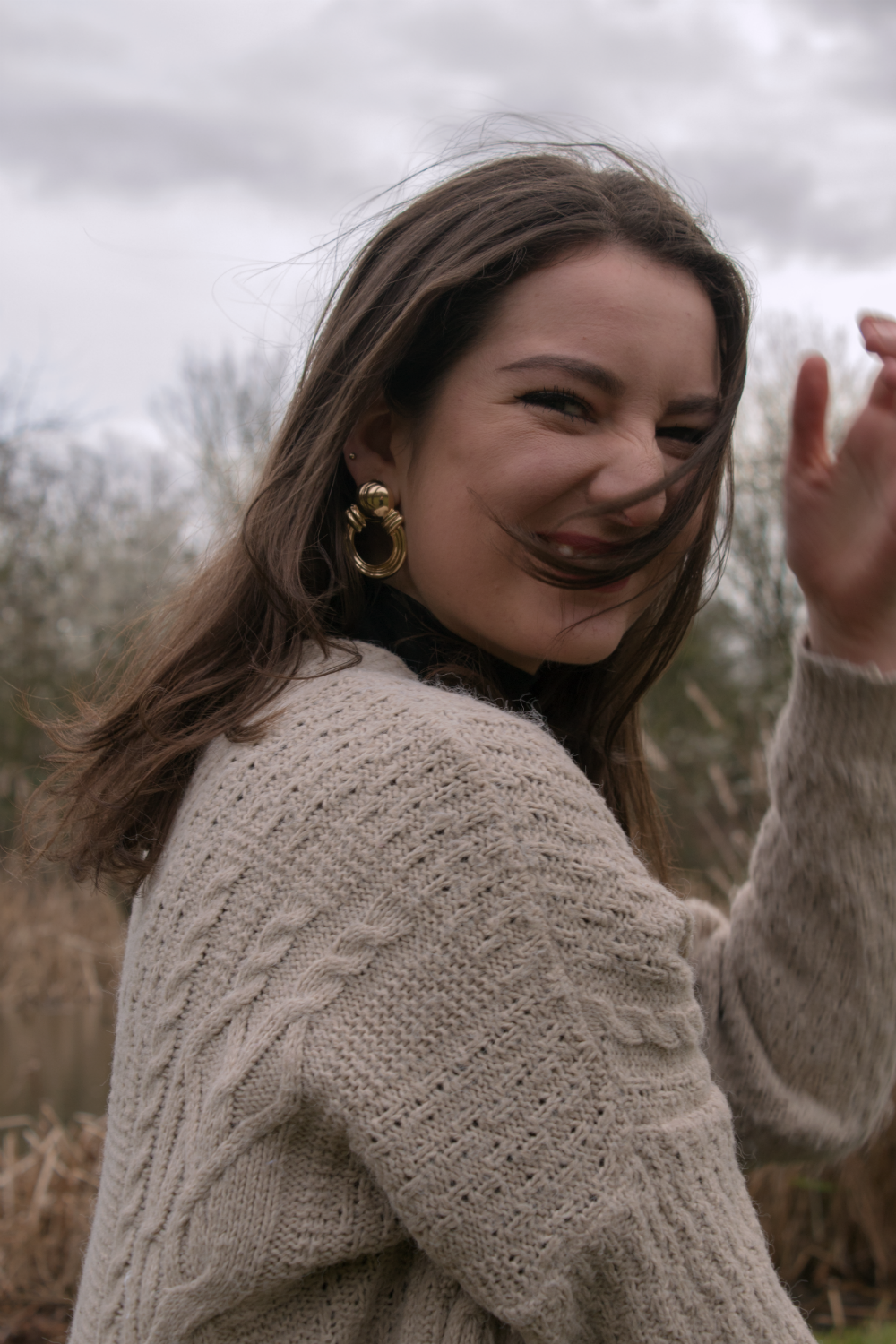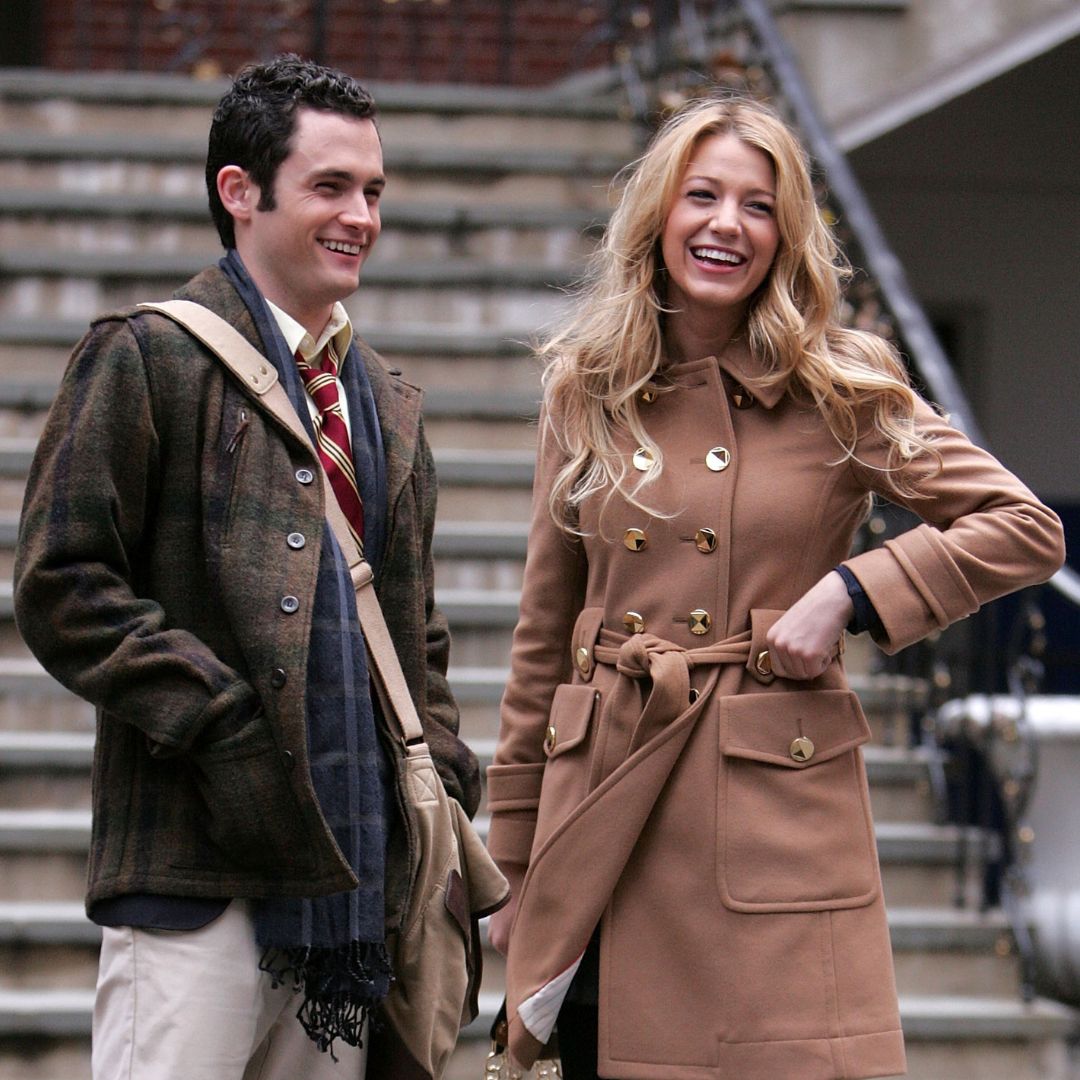Why are so many of us turning to psychics for answers in lockdown?
Craving a bit of mystic healing in the midst of all this uncertainty? You're not the only one...


Craving a bit of mystic healing in the midst of all this uncertainty? You're not the only one...
Two Fridays ago, I was preparing to head over to a friend’s garden for a socially distant, government approved taco party. Having scooped my homemade pico de gallo into a tupperware box and dug out two extra jumpers for warmth, I grabbed my car keys and got ready to head out into the night - until it started pelting down with rain.
Along with the pounding sound of rain came a ping from my phone. 'Rain check?', my host friend wrote into the group chat. 'Think the weather's supposed to pick up on Sunday.' And with that, the delicious food fiesta we'd been planning for weeks was no more.
As I sat back on the sofa to continue watching Come Dine with Me re-runs, I couldn't help but feel frustrated that I've had to relinquish all control of my social life to the weather. I eyed up my ever-changing weather app, pining over some mystic sign that I would, for sure, be sitting out in the sun with my pals on Sunday.
And it turns out I’m not the only one curious to delve into the supernatural. According to new research, there’s been a huge surge in British people seeking psychic advice in lockdown - with as many as 80% enlisting this help to see the future in a time where so many of our lives are clouded by uncertainty.

Of course, re-scheduled social plans are just the tip of the unpredictably sized ice-berg. Surveying those who have turned to psychics in lockdown, Psychic World found that 67% were seeking job advice and 74% were after some guidance in their love lives. Given the fact that a quarter of all UK employees are on furlough with little knowledge as to when, or if, they'll be returning to work, the craving for some clarity regarding future job prospects makes sense.
And whether you're single or coupled up, Covid's cloud of uncertainty doesn't discriminate who it casts its shadow over. With single people wondering when they'll ever be touched by someone again and couples re-evaluating their living arrangements, the widespread curiosity as to what post-lockdown life will bring for singletons and those in relationships is understandable.
Marie Claire Newsletter
Celebrity news, beauty, fashion advice, and fascinating features, delivered straight to your inbox!
But with so much scepticism around psychics usually, I wanted to know why there is such a sudden increase in people seeking advice from the mystic realm. According to psychotherapist Anna Mathur, it’s all about the uncertainty we all feel in not knowing which aspects of our lives will go back to normal, and which will have changed forever.
'The way that we live our lives has been turned upside down', Mathur says. 'From drastic changes to daily routines to job losses, there’s a huge amount of uncertainty.'
‘When you’re scared as a child, you go to your parent who can hug you and tell you everything is going to be fine', Mathur continued. 'But as adults, we don’t have that. The scientists, immunologists, politicians or economists can't predict how things will look in the next few months and years, so there’s even more fear over how peoples homes and lifestyles will be impacted. People are just looking for someone to tell them that they’ll still have their jobs, their family and health will be alright – it’s that need for reassurance.’

With google searches for the phrase 'psychic predictions coronavirus' surging by 250% in the last 90 days, Mathur agrees that this increase could be down to more willingness amongst people to seek out alternative answers. ‘Since the beginning of lockdown, there has been a massive increase in people attending church online that would never have gone physically', she says. 'We’re all seeking out coping mechanisms to give us a sense of hope. And because we're without our normal routine, I think more of us are looking for hope in different places.’
The lack of regulation within this particular industry, however, should be considered by anyone seeking such advice. 'Because it's an industry with so many different skill levels and kinds of practicing, it's very difficult to regulate', Mathur says. 'There aren’t the strict ethical guidelines around them like there are for other practices like counselling and therapy, so it could be easier for more vulnerable people to be exploited.’
‘Someone might tell you, ‘you will find a job’, but they may not say you’ll face five rejections or have to email 104 CVs out before you get there', she continued. 'It’s the lack of clarity and guidance as to how that thing may come to fruition which is dangerous. If it takes away someone's agency to achieve that goal then it could be more unhelpful than helpful.’
For anyone feeling anxious and in need of extra support during this time, Mathur advises reviewing your support network. 'Although friends can't fix your job and mortgage concerns, it doesn't mean they can't support you through them emotionally' Mathur continued, 'Ask yourself if you need to be more open and honest with those friends who have been helpful and supportive in the past, so they can be there for you should something happen.'
Mathur added: 'Gratitude is also very powerful. Instead of just thinking of all the 'what ifs' and all the fear and uncertainty, take some time to focus on what's going right in your life. Are you safe and healthy? Do you have a roof over your head? It doesn't devalue the fear, but it brings some balance to it.'
*Anna Mathur is a psychotherapist and bestselling author of 'Mind over Mother'. She offers remote coaching sessions on anxiety, depression, stress, and low self-esteem. To find out more visit www.annamathur.com*
Niamh McCollum is Features Assistant at Marie Claire UK, and specialises in entertainment, female empowerment, mental health, social development and careers. Tackling both news and features, she's covered everything from the rise of feminist audio porn platforms to the latest campaigns protecting human rights.
Niamh has also contributed to our Women Who Win series by interviewing ridiculously inspiring females, including forensic scientist Ruth Morgan, Labour MP Stella Creasy and ITV’s former Home Affairs Editor Jennifer Nadel.
Niamh studied Law in Trinity College Dublin. It was after enrolling in a Law & Literature class on her year abroad in Toronto that her love of writing was reignited. In no particular order, her big likes are Caleb Followill, hoops, red wine, sea swimming, shakshuka and long train journeys.
-
 Penn Badgley and Blake Lively kept their breakup a secret from the Gossip Girl cast and crew - here's what we know about their former relationship
Penn Badgley and Blake Lively kept their breakup a secret from the Gossip Girl cast and crew - here's what we know about their former relationshipBy Jenny Proudfoot
-
 Spring has finally sprung - 6 best outdoor workouts that are totally free and boost both body and mind
Spring has finally sprung - 6 best outdoor workouts that are totally free and boost both body and mindSoak in the nature and boost Vitamin D *and* endorphins.
By Anna Bartter
-
 This iconic rose perfume is a compliment magnet—it makes me feel ‘put together’ after just one spritz
This iconic rose perfume is a compliment magnet—it makes me feel ‘put together’ after just one spritzGrown-up and elegant, yet not at all dated.
By Denise Primbet